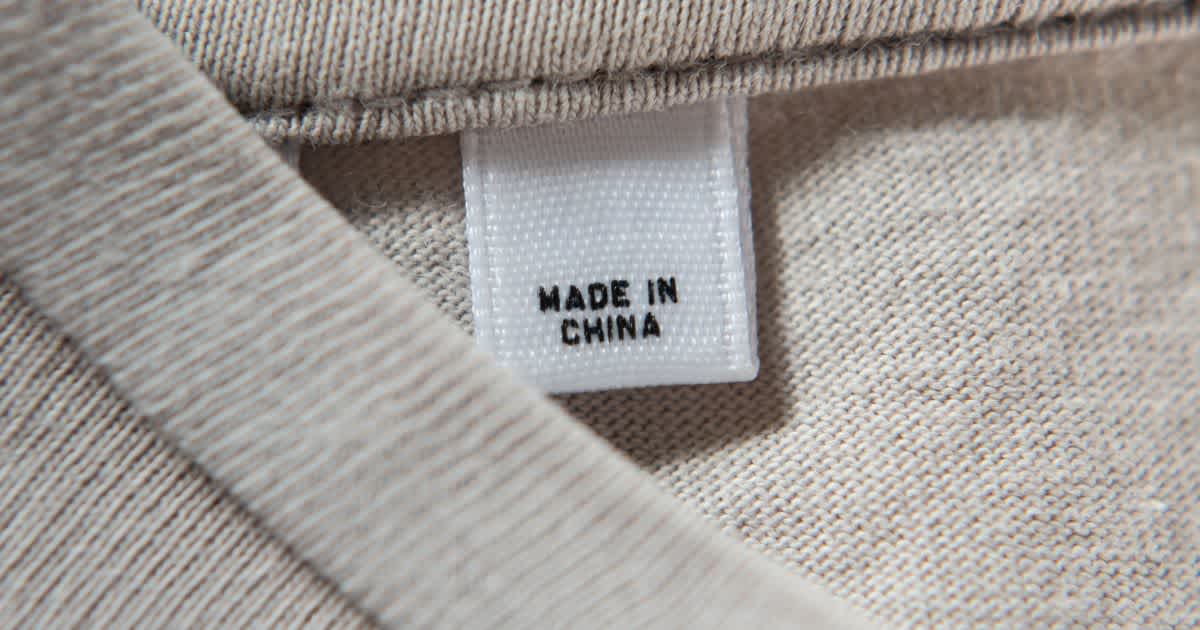Table of Contents
- What is the inspection certificate 3.1 according to en 10204?
- 4 key benefits for quality assurance
- What does the DIN EN 10204 standard regulate?
- Various test certificates to DIN EN 10204
- What are the contents of the inspection certificate 3.1?
- How to receive the 3.1 certificate
- How Line Up supports you with the acceptance test certificate
- Comply with quality standards with the inspection certificate 3.1
Inspection certificate 3.1 in quality assurance
Reading Time: 6 min.

Find out why the inspection certificate 3.1 is an indispensable proof of compliance with quality requirements along the entire supply chain.
Whether in mechanical engineering, metal processing or international procurement, the quality of the materials used often determines the safety, service life and functionality of the end products. Especially when materials are sourced from different parts of the world, the question arises: Do the materials supplied really meet the agreed quality requirements?
An important component in answering this question is the inspection certificate 3.1. It documents not only the material properties, but also the tests carried out - making it an indispensable part of quality assurance.
What is the inspection certificate 3.1 according to en 10204?
The inspection certificate 3.1 is based on the DIN EN 10204 standard and is one of the most important documents in quality assurance. It proves that the tested materials of a specific delivery meet the agreed quality requirements. The tests are carried out directly at the manufacturer's premises and approved by their quality department. This creates a clear link between the test certificate and the delivered goods.
The inspection certificate 3.1 thus shows in black and white that the quality requirements are met along the entire supply chain. And in global sourcing in particular, it becomes a central building block in quality assurance when products arrive from the Far East or other procurement markets.
4 key benefits for quality assurance
1. transparency
The inspection certificate 3.1 documents the material properties and all tests carried out in a comprehensible and complete manner. This provides you with a reliable basis for assessing the quality delivered.
2. traceability
Each test certificate is directly assigned to a specific batch and enables traceability back to the manufacturer. This makes it easier to identify potential sources of error along the entire supply chain.
3. complaint reliability
In the event of deviations or damage, the acceptance test certificate 3.1 serves as objective proof of quality. This gives you a solid basis for asserting claims against suppliers.
4. building trust
A fully documented inspection process creates trust with your customers. This is because you can prove at any time that all materials meet the required quality standards.
What does the DIN EN 10204 standard regulate?
DIN EN 10204 forms the basis for acceptance test certificates. The international standard defines the types of inspection certificates that exist, the content of these documents and who is authorized to issue them.
EN 10204 is primarily used in the metalworking industry. However, it is also relevant in many other industrial sectors in which materials testing is an important part of quality assurance.
Regardless of whether it concerns the procurement of pipes, sheet metal or other components - EN 10204 ensures that the quality of materials is documented and traceable.
Various test certificates to DIN EN 10204
Depending on the area of application and requirements, DIN EN 10204 offers different types of test certificates, which differ in the scope of the documented information and the test procedure.
Certificate of conformity 2.1
The certificate of conformity 2.1 merely confirms that the delivered products meet the requirements of the order. The certificate does not contain a specific material test or a list of test results.
Certificate of compliance 2.2
In addition to the information in the certificate of compliance 2.1, the certificate of compliance 2.2 contains general test results from ongoing production, which do not necessarily have to relate to the specific delivery.
Inspection certificate 3.1
The inspection certificate 3.1 is a comprehensive test certificate that assigns the specific test results exactly to the delivered batch. The tests are carried out by the manufacturer's quality department and confirmed in writing.
Inspection certificate 3.2
The inspection certificate 3.2 goes one step further: in addition to the manufacturer's quality department, an independent, external inspector also confirms the conformity of the products. This version of the certificate is therefore primarily used for safety-critical components - for example in aerospace or pipeline construction.
What are the contents of the inspection certificate 3.1?
A complete inspection certificate 3.1 contains a wealth of information that is crucial for quality assurance and traceability. The documented contents not only create transparency, but also make it possible to determine the cause in the event of deviations or complaints.
Manufacturer details: Name, address and plant number.
Order and batch number: Unique allocation to the delivery.
Material designation and material number: Technical specification of the material.
Test methods: Description of the material tests carried out.
Chemical analysis: Composition of the material, incl. alloy content.
Mechanical tests: Results of tensile tests, hardness tests or notched bar impact tests.
Certification and signature: Approval by the quality department.
How to receive the 3.1 certificate
1. request in the order
Request the acceptance test certificate 3.1 explicitly when ordering. This is the only way the manufacturer can schedule the necessary tests in good time and fully document the results.
2. carrying out the tests
Before shipping, the manufacturer carries out the agreed tests directly at the factory. Depending on the material and area of application, this includes chemical analyses, mechanical tests and other material tests. All results are documented and clearly assigned to the corresponding batch.
3. approval by the quality department
The manufacturer's quality department checks the results and compares them with the requirements from the order. If all values meet the specifications, the 3.1 certificate is issued. With the signature of an authorized inspector, the manufacturer assumes responsibility for the documented material quality.
4. handover with the delivery
The inspection certificate 3.1 is either delivered directly with the goods or provided digitally in advance. Especially for international supply chains, digital delivery offers the advantage that you can check the document before the goods arrive. It is important that the certificate clearly matches the delivered batch.
5. examination of the certificate
Check each inspection certificate carefully for completeness and correct allocation to the delivery. The batch number on the document must match the markings on the goods. In the event of discrepancies or missing information, you should contact the manufacturer or your procurement partner immediately.
How Line Up supports you with the acceptance test certificate
As an experienced partner in international sourcing, Line Up takes on the complete quality assurance for your procurement processes - including requesting, checking and providing the inspection certificates 3.1:
You receive all the required test certificates in full and on time.
The documents are checked before dispatch so that deviations are detected at an early stage.
You have full transparency regarding the quality of your products at all times - even in international supply chains.
Comply with quality standards with the inspection certificate 3.1
One thing is clear: the inspection certificate 3.1 plays a central role in the quality assurance of international supply chains. It offers you valuable security, especially when procuring from Asia, where direct quality controls are often only possible to a limited extent. This is because it fully documents the material properties and tests and ensures transparency, traceability and reliable evidence in the event of a complaint.
With an experienced partner like Line Up at your side, you can ensure that all relevant quality standards are reliably met and that the necessary test certificates are provided in full.
Newsletter Registration
Sign up now for our free Line Up newsletter and stay up to date.





